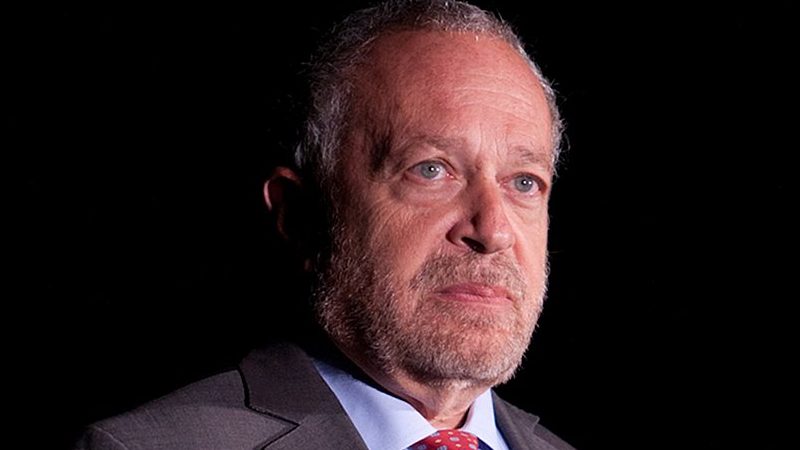
- Select a language for the TTS:
- UK English Female
- UK English Male
- US English Female
- US English Male
- Australian Female
- Australian Male
- Language selected: (auto detect) - EN
Play all audios:
Since Corbyn’s ascendency to the Labour leadership, the Left’s ambition has been clear: to achieve socialism. But despite claiming to be a part of a movement that represents workers, Labour
has increasingly lost and alienated a significant amount of working-class support over the last four years, which manifested itself in Labour’s general election collapse. Despite all the
talk of a “red wall”, Labour’s traditionally loyal northern fortress was pushed over like a tower of Jenga blocks, as the Tories hoovered up working-class votes. Labour didn’t see this
coming for the same reason that it lost the election: the party is completely removed from the needs and opinions of ordinary people. And now Labour activists want Rebecca Long-Bailey, known
as “continuity Corbyn”, to continue the Left’s march towards socialism as the next Labour leader. Long-Bailey is Momentum-backed, like Corbyn, and has rated the previous leadership as
“10/10”. She also claims that she not only “agrees” with the policies put out by the previous leadership, but takes pride in the fact that she “spent the last four years writing them”. This
is problematic. Much of the Left seems to ignore the fact that the policies the party supported, and its failure to take a clear position on Brexit, all had a negative impact on the image of
the leadership. The issues of policy, Brexit and the leadership are not as mutually exclusive as the Left believes. Replacing Labour’s leadership would simply be treating the symptoms and
not the cause of the problem. The cause is the left’s hackneyed (pardon the pun) attempt to achieve socialism. A four-day working week, two billion trees by 2040, free broadband, and an over
£70 billion increase on public services, were policies that baffled voters and made them suspicious of the party. Not only did voters doubt the practicality of these policies, they didn’t
even think they could be achieved in a parliamentary term. More importantly, these policies went against the needs of ordinary people. Why would this demographic want an expansion of the
state into their lives when for the past two decades it has increasingly failed to provide adequate public services to help them live day to day? Furthermore, with the last decade of
neo-liberalism and austerity having ravaged working-class communities, the Left’s patronising big state version of socialism (Momentumism?) failed to answer the question that millions of
voters are asking them: “How can we regain control of our lives?” As long as the left continues to remove personal responsibility from ordinary people, it will fail to provide a better
answer to this question than the Tories. Another reason why voters felt so apathetic towards Labour’s policies was because the Left had made no attempt to prepare them for these policies.
Labour failed to mobilise the country’s communities and towns in the name of socialism and instead tried to cram the process of achieving socialism into a single manifesto. No surprise it
didn’t work. Long-Bailey doesn’t offer much promise of moving away from this stale ideological tradition. After all, she comes from the same shadow cabinet that created this approach, has
declared her admiration for these policies, and is supported by the people who have been self-proclaimed Corbynistas for the past four years. If it wasn’t clear already, it doesn’t matter
who the next Labour leader is. As long as they peddle these same ideas, the Tories will continue to dominate. This isn’t about abandoning socialism, but realising instead that it can be
achieved by concentrating on the country’s regions and grass-roots campaigns, rather than forcing change through big-state bureaucracy. MPs like John Cruddas and journalists like John Harris
have recognised this. In a recent article, Harris wrote that “people are not just workers, but are parents, carers, volunteers… Socialists will have to become determinedly localist, and
Labour will have to put the people who run towns, counties and boroughs at the front of its campaigning, learning from what they do.” This new approach would aim to offer workers and their
communities more control and power over their lives. In terms of changing the structure of UK governance, Labour would effectively accept the federal nature of the UK by diminishing the
centralised state’s monopoly hold over power and ceding power to the regions. That is real radicalism, not the two billion trees by 2040 pseudo-radicalism that pleases the few and baffles
the many. All this requires Labour and the Left to break out of their echo chamber and start listening to the country, not just to themselves.







